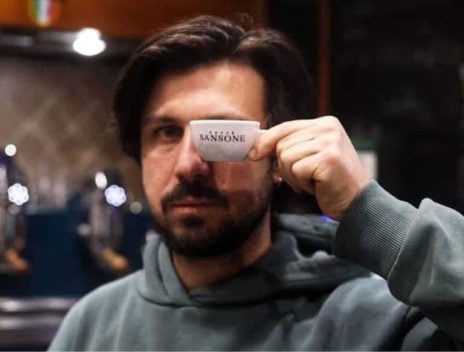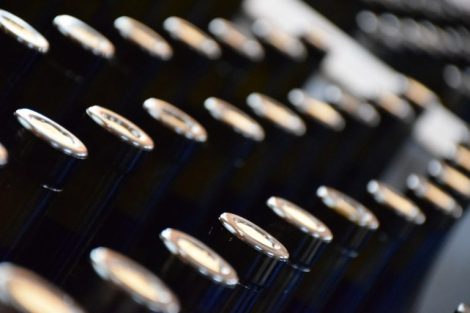For months, the wine world has been inundated with pessimistic news about its future. The industry is grappling with declining consumption and the resulting implications. The easiest response is to blame young people, retreating to the comfort zone of the loyal over-50 consumer base. But what if it’s the previous generation that created an erroneous or artificial image of wine?
Master of Wine Andrea Lonardi offers this perspective, describing the situation not as a consumption crisis but as a "hedonistic satisfaction crisis." This, in fact, may be good news because wine is much more than a luxury item used to achieve gratification. Lonardi is confident it will survive the whims of fashion and the apparent rejection by younger generations. In this interview with Gambero Rosso, he explains when and why consumers' relationship with wine shifted and how it can be restored.
What exactly do you mean by hedonistic satisfaction?
It’s the satisfaction that comes from consuming a product during a special moment, often at a higher cost. But precisely because of its nature, it’s something you can do without.
And wine falls into this category?
I believe there have always been two types of wine: the everyday, commodity wine consumed with meals and the hedonistic wine enjoyed on special occasions. The latter are wines that were "cool" to drink, used for showing off, as the Americans say.
Or perhaps it’s better to say they used to be cool…
When I talk about a hedonistic satisfaction crisis, I mean that in the past, my friends would ask me about Sassicaia, Brunello, or Super Tuscans at dinner. Now, they talk about bikes, wellness, and sports. This is because trends have shifted. People once posted pictures with grand bottles of wine; today, they prefer to share activities tied to wellness, leisure, and free time.

This applies to wine as a fashion element…
Exactly. Trends change, and we cannot reduce wine to merely a trend. If, instead, wine becomes a cultural element, it won’t suffer from these crises. The brands and denominations that centred their success on fashion are the ones struggling now.
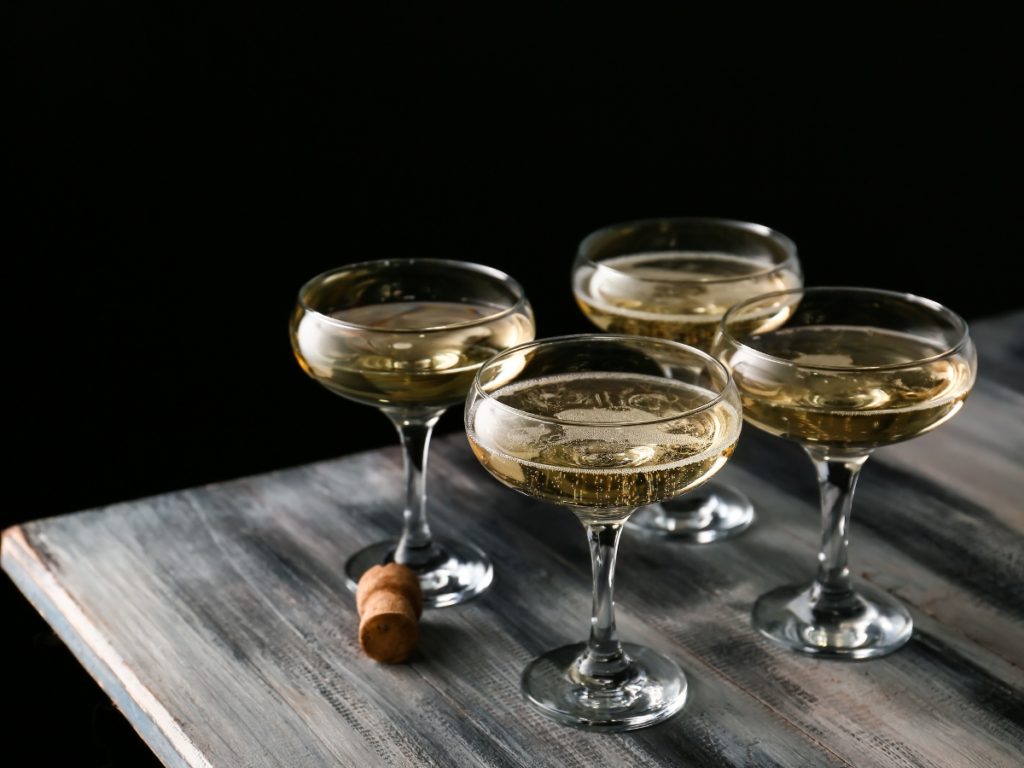
Is this why Champagne is in crisis?
Without a doubt. Champagne’s strength was built on hedonistic satisfaction, so it suffers more than others in this consumption downturn.
Is the hedonistic satisfaction crisis also behind China’s slowdown in wine consumption?
China epitomises hedonistic satisfaction. Wine became popular as a gift and a symbol of status. When that purpose diminished, so did consumption, as there wasn’t a cultural foundation for the product.
What should the goal be, then?
Not to be a trend but a cultural factor. We must identify our target consumer: those who drink wine for cultural reasons will continue, while those who drink wine as a trend will move on to the next trend. Wines like Chianti Classico from Gaiole or Brunello di Montalcino face fewer challenges because their appeal lies in taste, not ostentation. True enthusiasts remain, and it is to them that we should cater. Only the cultural aspect can counter hedonistic consumption.
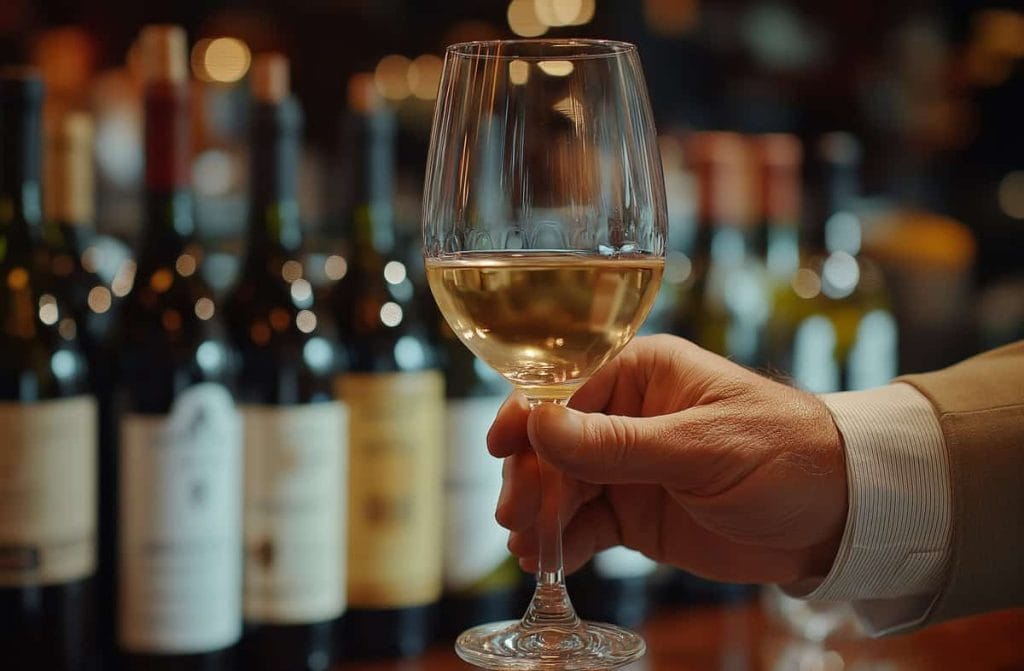
But promoting wine as a cultural factor requires a shift in communication…
In my view, we need to focus more on the product itself—its history, identity, and how to enjoy it. For instance, the initial allure of Burgundy lay in its connection to a distinctive landscape. Today, the same fascination applies to Etna wines, which, far from being a trend, carry a strong cultural identity as "volcano wines."
Does the wine crisis parallel the struggles of luxury fashion houses?
I think younger generations are shifting towards artisanal production—whether it’s bags or wine—rather than big luxury brands.
Speaking of younger generations, let’s address the elephant in the room: Gen Z. They don’t treat wine as a status symbol like their predecessors. Does Gen Z still care about wine?
Younger generations have less satisfaction from wine because it holds little interest for them compared to other goods amplified by social media. Trends move faster and are more fleeting than ever before.
What’s the right approach to communicate wine to them?
Certainly not by dictating which wine to drink or how to drink it. Instead, ask what they prefer. My daughters, who belong to Gen Z, drink wine differently from me. If they see me swirling a glass, they say I’m "cringe." It’s the same thing I did with my father when I disliked how he used certain glasses. Every generation breaks away from the brands their parents or grandparents favoured. We need to be ready to let them decide while we remain receptive rather than instructional. Otherwise, we risk clashing with them.

Will this generation abandon wine?
I think they’ll drink more wine than us, but it will be their kind of wine—reflecting small, niche groups. It might be more exclusive or experimental. We need to embrace and adapt to these new styles. Take the recent popularity of pét-nat (natural sparkling wines). They may not be the future, but they’ve found a following. We drank Champagne to show off; they won’t, because it reminds them of how cringe their fathers were.

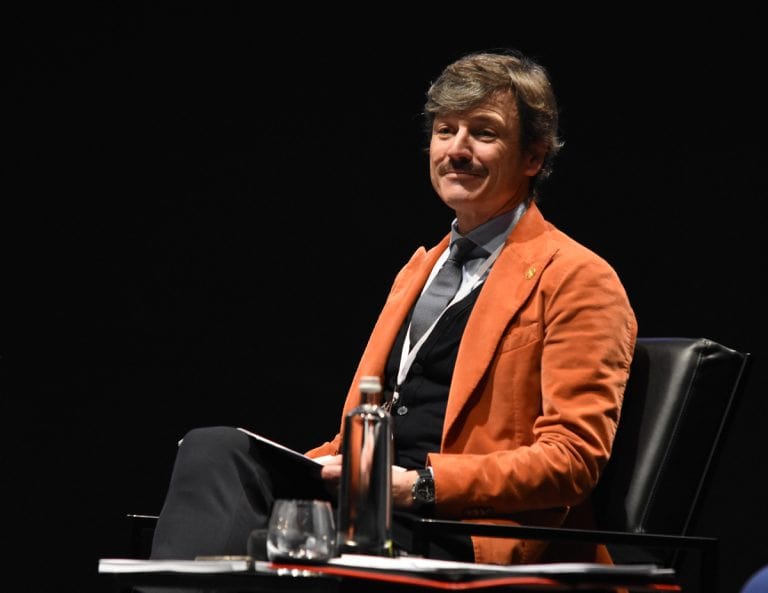
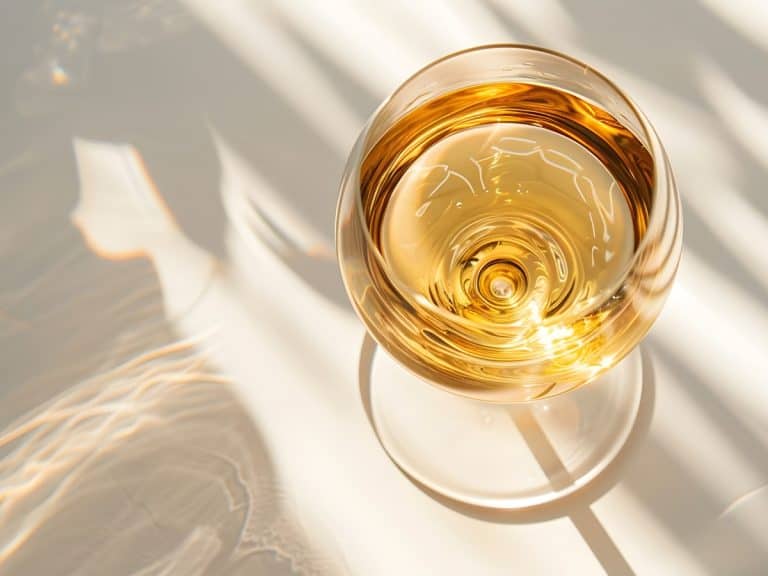 The new life of dessert wines: the era of serving them only at the end of a meal is over
The new life of dessert wines: the era of serving them only at the end of a meal is over The 12 Conegliano-Valdobbiadene Prosecco Superiore wines with the best quality-price ratio selected by Gambero Rosso
The 12 Conegliano-Valdobbiadene Prosecco Superiore wines with the best quality-price ratio selected by Gambero Rosso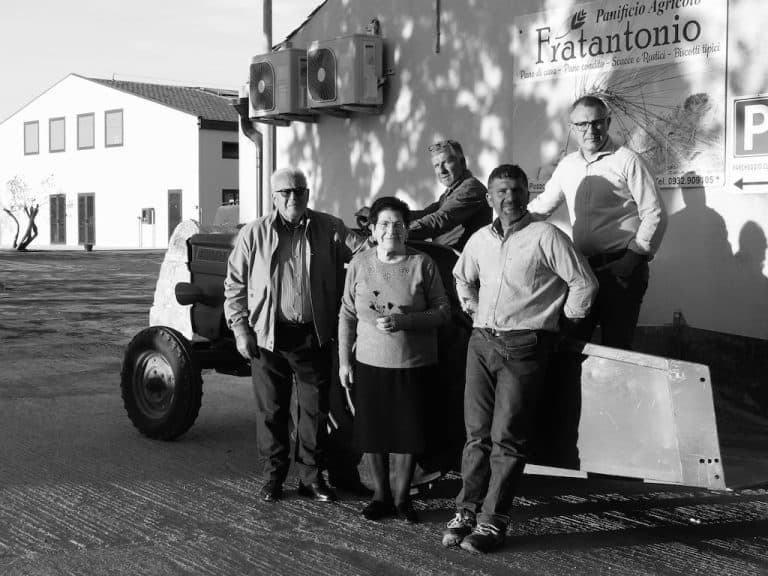 The story of the small agricultural bakery in Modica that preserves an ancient wheat variety at risk of disappearing
The story of the small agricultural bakery in Modica that preserves an ancient wheat variety at risk of disappearing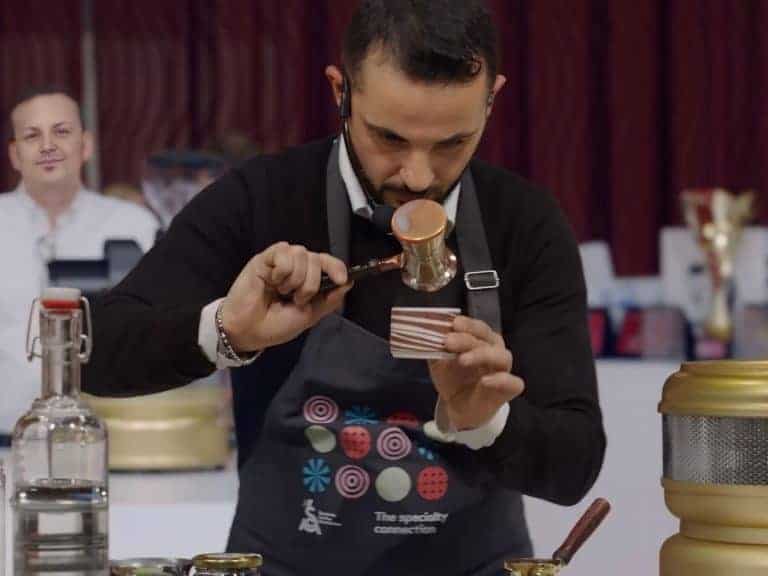 "Neapolitan coffee? It’s not the best. University students drink specialty coffee." The story of a great Italian roaster
"Neapolitan coffee? It’s not the best. University students drink specialty coffee." The story of a great Italian roaster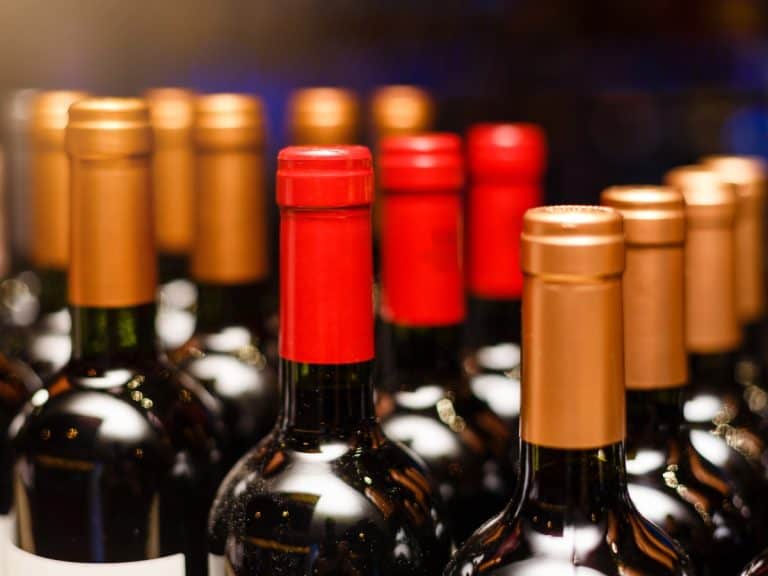 Fine wine indices decline on Liv-ex. Italy is the only one holding firm, thanks to the Super Tuscans
Fine wine indices decline on Liv-ex. Italy is the only one holding firm, thanks to the Super Tuscans



